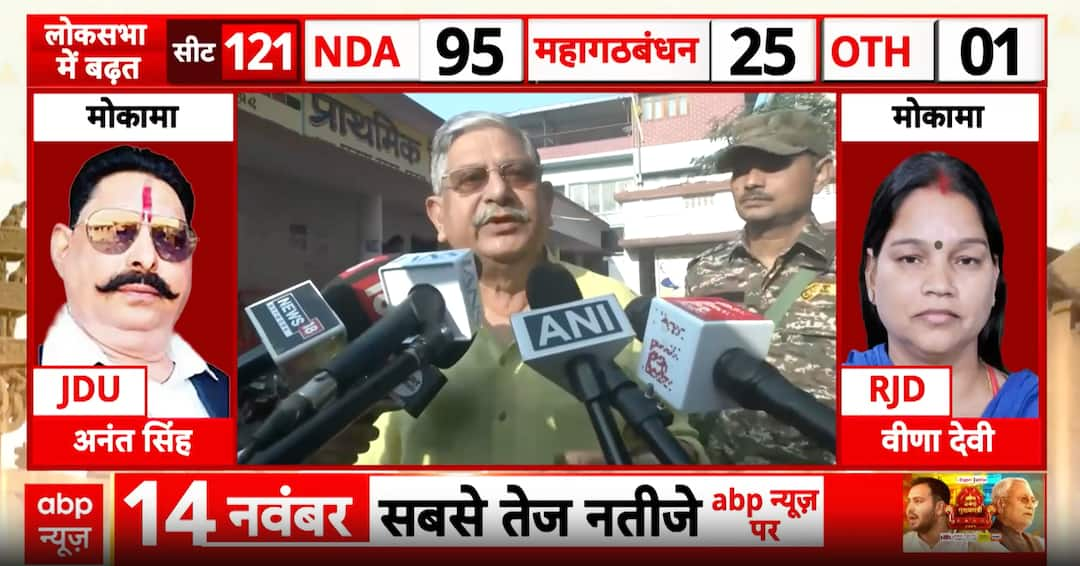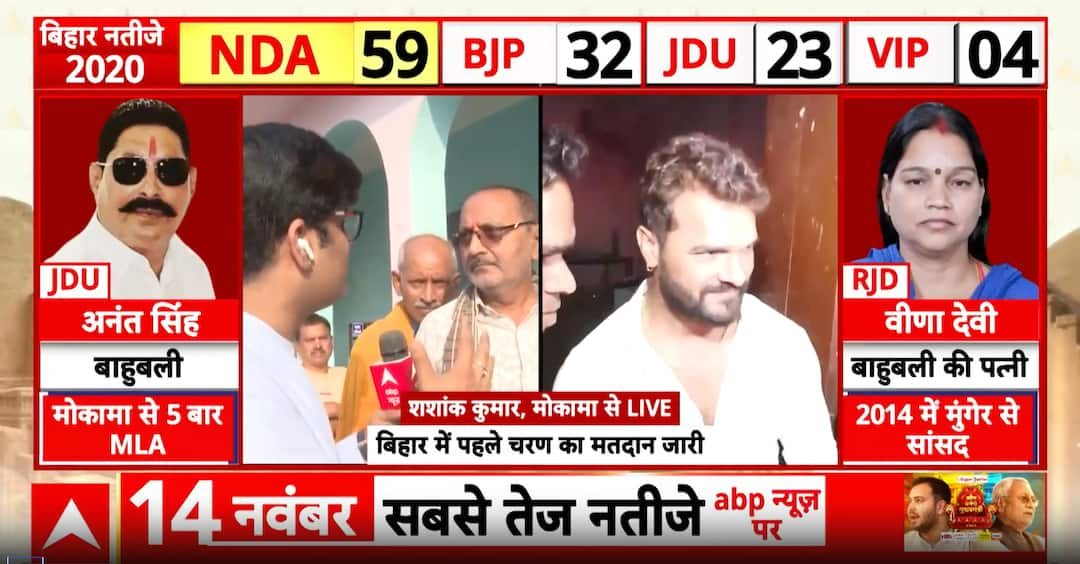This Bihar election marks a historic shift in the National Democratic Alliance (NDA) dynamics, as the BJP and JDU enter the fray as equal partners for the first time. Traditionally known for their “big brother–small brother” arrangement, both parties are now contesting 101 seats each, a never-before-seen development in the state’s political landscape. According to political observers, the decision reflects a new era of coordination within the NDA, emphasizing parity and unity between the two major allies. The move surprised many within both parties, as JDU leaders had initially expected at least one seat more than the BJP. However, the final agreement established a symbolic balance, projecting the alliance as “twin brothers” rather than hierarchical partners. Another key first is the inclusion of Chirag Paswan within the NDA fold. Previously contesting independently, this election marks his debut as an NDA ally. The first phase of polling is particularly crucial, featuring prominent candidates like Maithili Thakur and Khesari Lal Yadav, along with high-profile seats of RJD leaders Tejashwi and Tej Pratap Yadav. Analysts believe the outcome of this initial phase will set the tone for Bihar’s power equation, especially regarding whether Nitish Kumar will continue as the NDA’s chief ministerial face.


